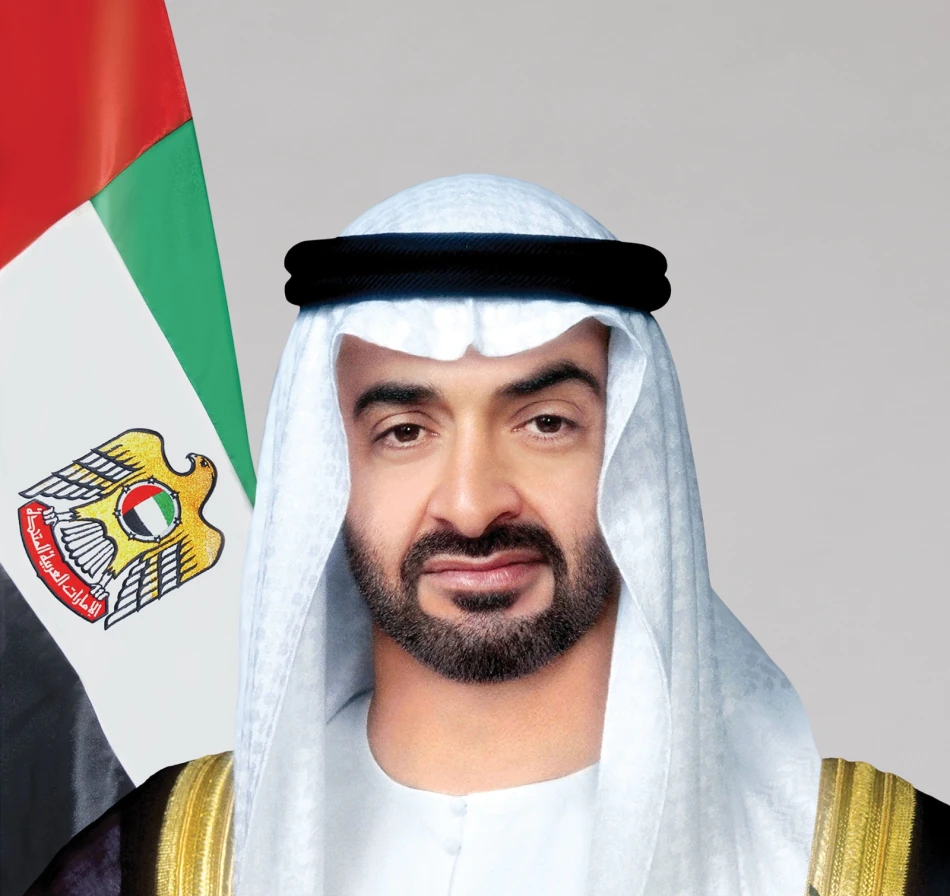
UAE Rescue Team and Urgent Humanitarian Aid Deployed to Afghanistan on Directives of Mohamed bin Zayed
UAE Mobilizes Emergency Response Team for Afghanistan Earthquake Relief
The United Arab Emirates has swiftly deployed specialized search and rescue teams to Afghanistan following a devastating earthquake in the country's eastern regions, demonstrating the Gulf nation's continued commitment to international humanitarian leadership. The rapid response, ordered directly by President Sheikh Mohamed bin Zayed Al Nahyan, includes both rescue personnel and critical emergency supplies for affected communities.
Comprehensive Emergency Response Package
The UAE's intervention encompasses multiple components designed for immediate impact. Search and rescue specialists from Abu Dhabi's Civil Defense Authority, National Guard, and Joint Operations Command are now operating in earthquake-affected areas, bringing specialized equipment and expertise to locate survivors and assist in recovery operations.
Accompanying the rescue teams, emergency humanitarian aid includes essential food supplies, medical equipment, and temporary shelter materials. This comprehensive approach addresses both immediate rescue needs and the longer-term challenge of supporting displaced families and treating injured survivors.
Strategic Humanitarian Diplomacy in Action
Regional Leadership Through Crisis Response
The UAE's rapid deployment reflects a broader strategy of humanitarian diplomacy that has become central to the nation's international positioning. Unlike traditional aid that may take days or weeks to organize, the Emirates has developed rapid-response capabilities that allow for immediate intervention in natural disasters and humanitarian crises globally.
This approach mirrors similar strategies employed by other regional powers, but the UAE's response time and comprehensive nature of assistance sets it apart in the Middle East region. The country has consistently positioned itself as a reliable partner for emergency response, building diplomatic capital through practical assistance during critical moments.
Afghanistan Context and Challenges
The timing of this assistance carries particular significance given Afghanistan's current isolation from much of the international community. Since 2021, traditional aid channels have been severely constrained, making humanitarian assistance from countries like the UAE even more critical for Afghan civilians facing natural disasters.
The UAE's ability to operate effectively in Afghanistan demonstrates both diplomatic flexibility and established logistical networks that remain functional despite broader international complications. This positions the Emirates as a crucial humanitarian bridge in situations where other nations may face political or operational constraints.
Building Long-term Diplomatic Assets
Beyond immediate humanitarian impact, the UAE's consistent pattern of disaster response serves multiple strategic objectives. Each rapid deployment reinforces the country's reputation as a reliable international partner, potentially opening doors for future diplomatic and economic relationships with recipient nations and their allies.
This approach has proven particularly effective in regions where traditional Western aid may face political obstacles, allowing the UAE to build influence through practical assistance rather than political positioning. The strategy has applications beyond humanitarian crises, as countries that receive effective emergency aid often become more receptive to broader diplomatic and economic partnerships.
The Afghanistan earthquake response exemplifies how smaller nations can achieve outsized international influence through consistent, effective humanitarian action, transforming crisis response into a tool for long-term diplomatic strategy.
Most Viewed News

 Sara Khaled
Sara Khaled






